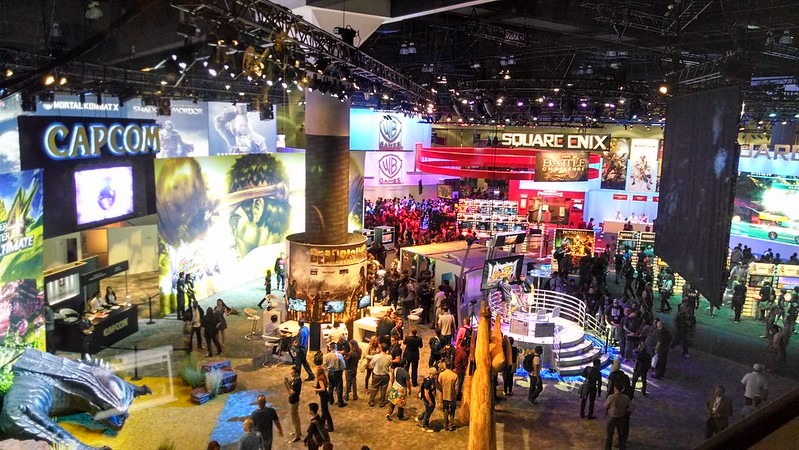Is E3 dead?
After months of awaiting the news, E3 2023 was officially cancelled last month. As rumours circulated about major developers pulling out and the negative press kept racking up, the cancellation felt like an inevitability. In recent years, the largest gaming expo has had a poor run, with the last in-person E3 taking place in 2019. It was cancelled in 2020 due to the Covid-19 pandemic, held digitally in 2021, and then cancelled last year to focus on a “revitalised showcase” that would set a new standard for hybrid industry events.
The future of the event, though, looks increasingly uncertain, and many in the industry are speculating that E3 might not return at all. The big three game developers – Nintendo, Sega and Microsoft – have begun opting for their own showcase events, and the livestream Nintendo Directs have become must-watch events for gaming fans. This year even smaller developers were pulling out, citing economic difficulties, digital marketing opportunities and Covid-related game development timeline changes as reasons. However true these factors may be, this has been a long time coming.
E3 debuted in 1995, and it was an event for a different type of games industry. It was smaller, and had until that year been confined to part of the Las Vegas Consumer Electronics Show. It particularly became a key space for companies to jostle for console supremacy and at its height was the place to showcase the next generations of gaming. However, with advances in technology and changes in the dissemination of media, companies’ priorities changed. Back in the day, as games magazines and websites were the most efficient way of sharing the latest news, E3 was a must-attend for anyone in gaming because it was where the eyes of the world were. But now digital promotions are just as effective and cheaper, allowing a global audience to join in with the reveals.
there’s a sense that the writing has been on the wall for E3 for a while now
The showcase was also an important place for business meetings, and publishers would come with demos and hype to encourage buyers to choose their games. This was particularly important as these arrangements took time – orders had to be established early to allow time for production and shipping. But now, things are largely digital, and the idea of a single main release window is through. Games can be released (and do well) at any time of the year, and the opportunities for digital promotion outweigh the potential offered by a few days in summer. Trade shows are all suffering due to a change in industry operations, and E3’s decline is a sad symptom of that.
On a personal note, this is a sad conclusion to come to. I remember when I was little – I would read the Official Nintendo Magazine every month, and the E3 issues were always dead exciting. Sure, hearing about all the games that were in the pipeline and the many reveals and first looks, but also the photos of the event. Developers went all out on their booths, showcasing not just the games but also who they were as a company, and I was thrilled by the idea of one day going – being one of those people on the show floor, trying out new games and exploring a world of merchandise. It was something that I always put off and now the opportunity has probably gone forever, which is a massive shame.
Nothing lasts forever, and there’s a sense that the writing has been on the wall for E3 for a while now. The organisers are talking of reinvigorating the conference, making it a must-attend event for gaming industry figures and fans, but this feels a very optimistic hope. For much of the gaming world, E3 feels like a relic of the past, of a gaming environment that no longer exists – it may be that it once again soars in the future, but for the moment it feels like we’re witnessing an institution on its way out.

Comments